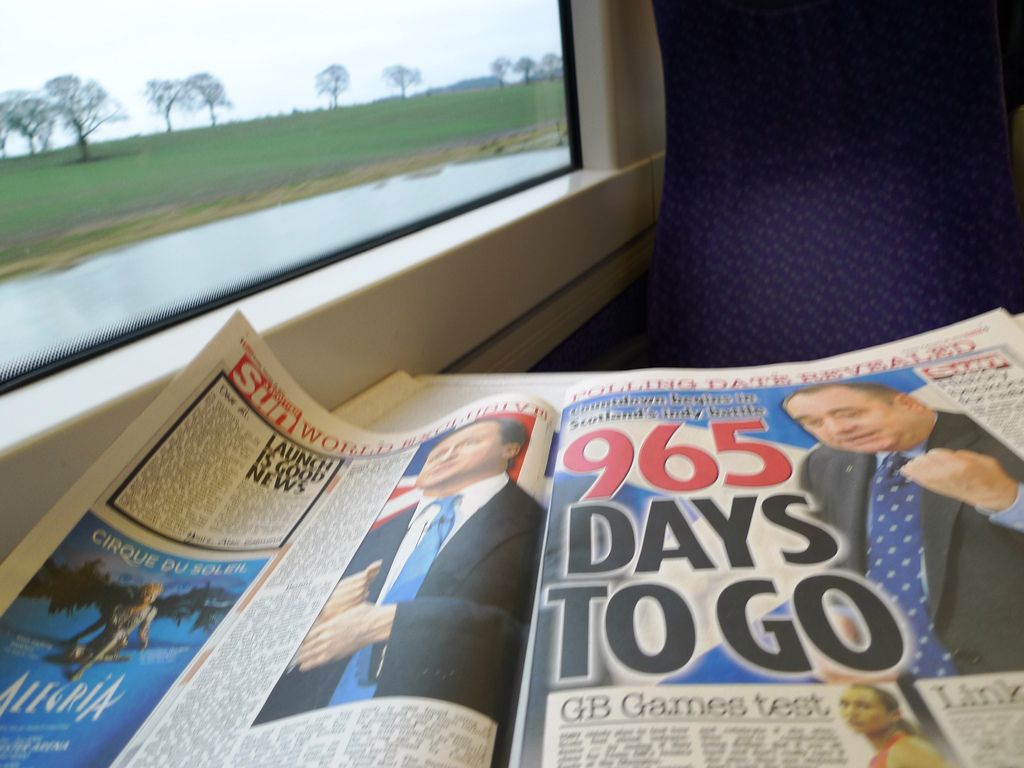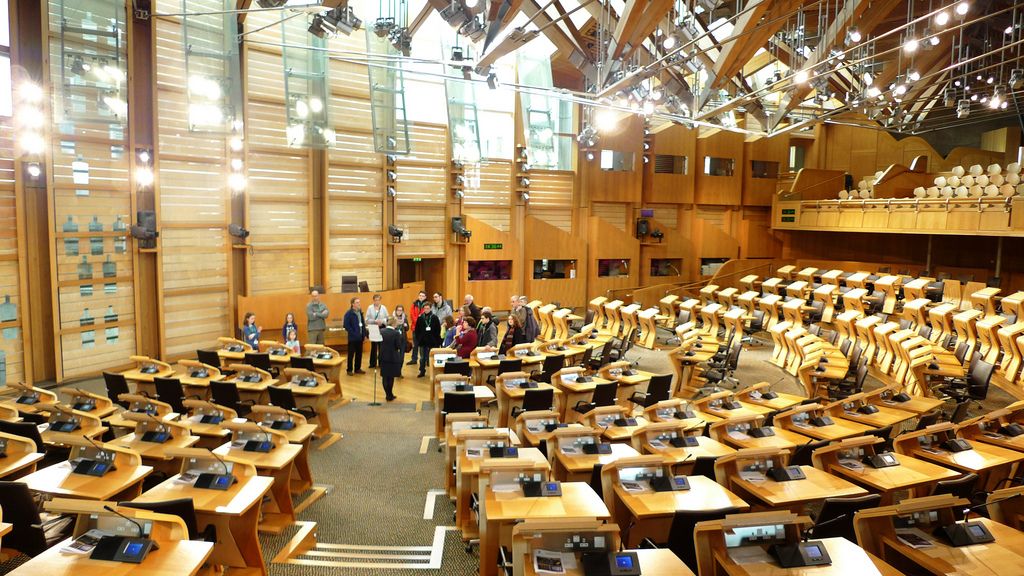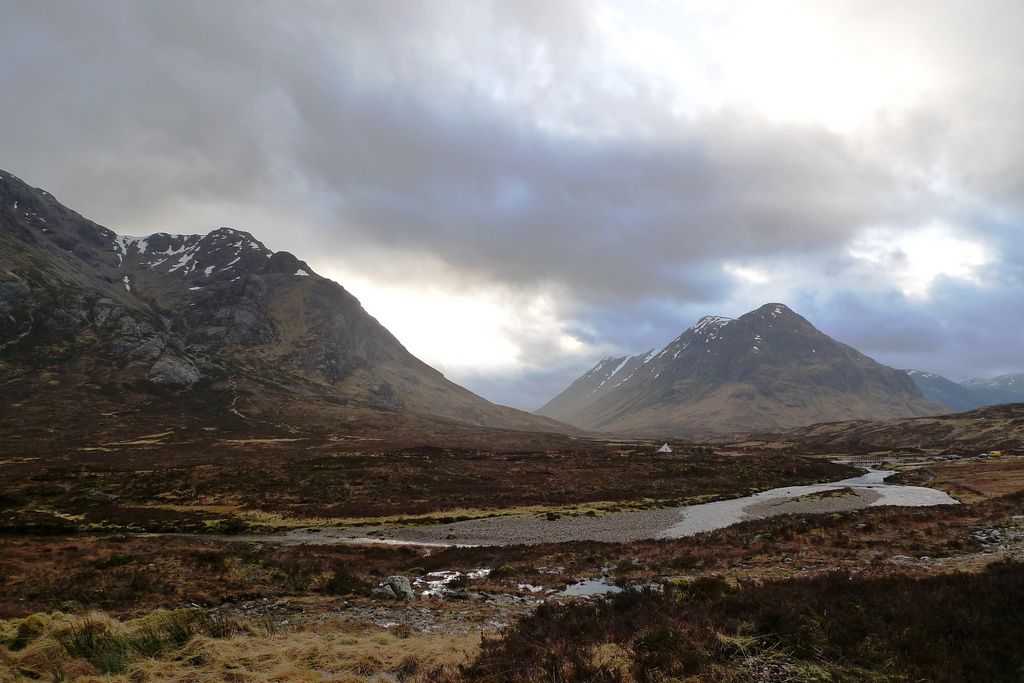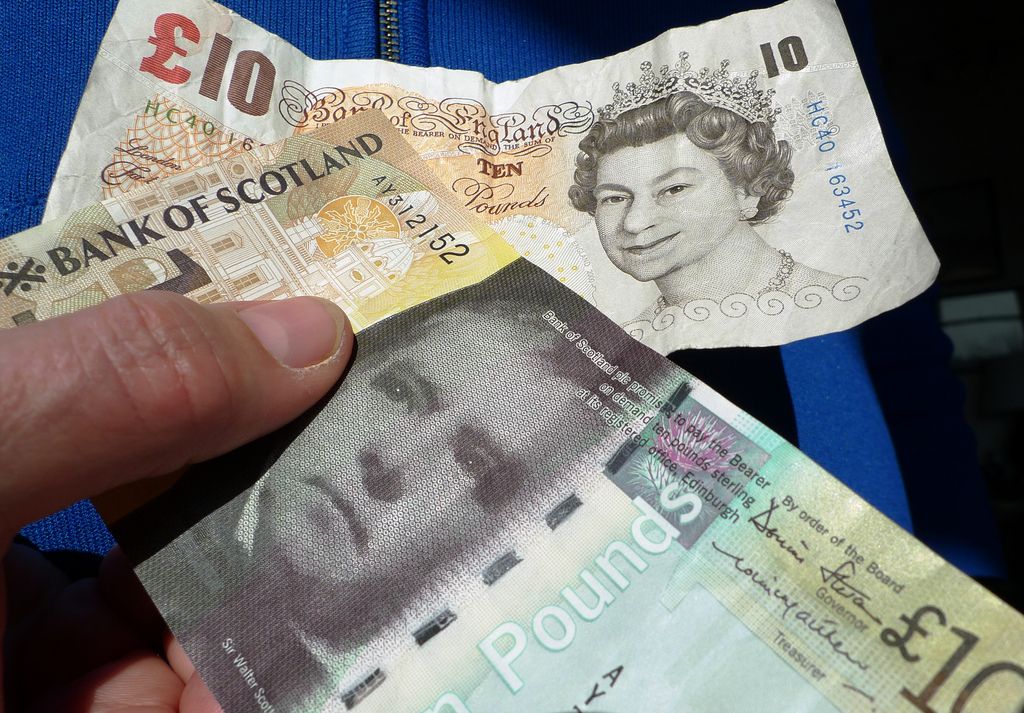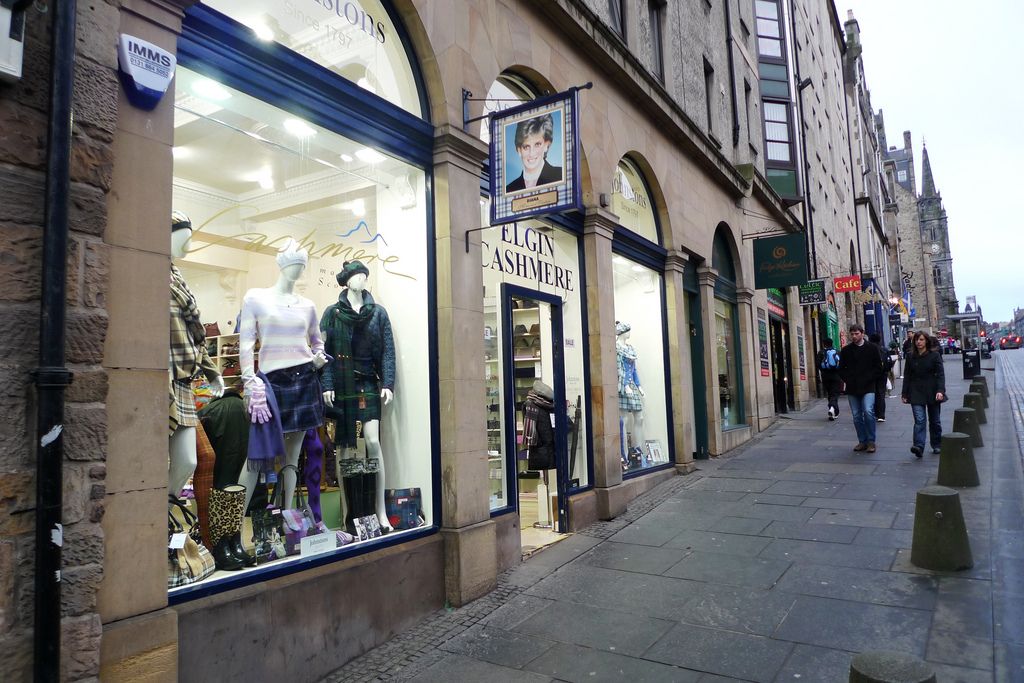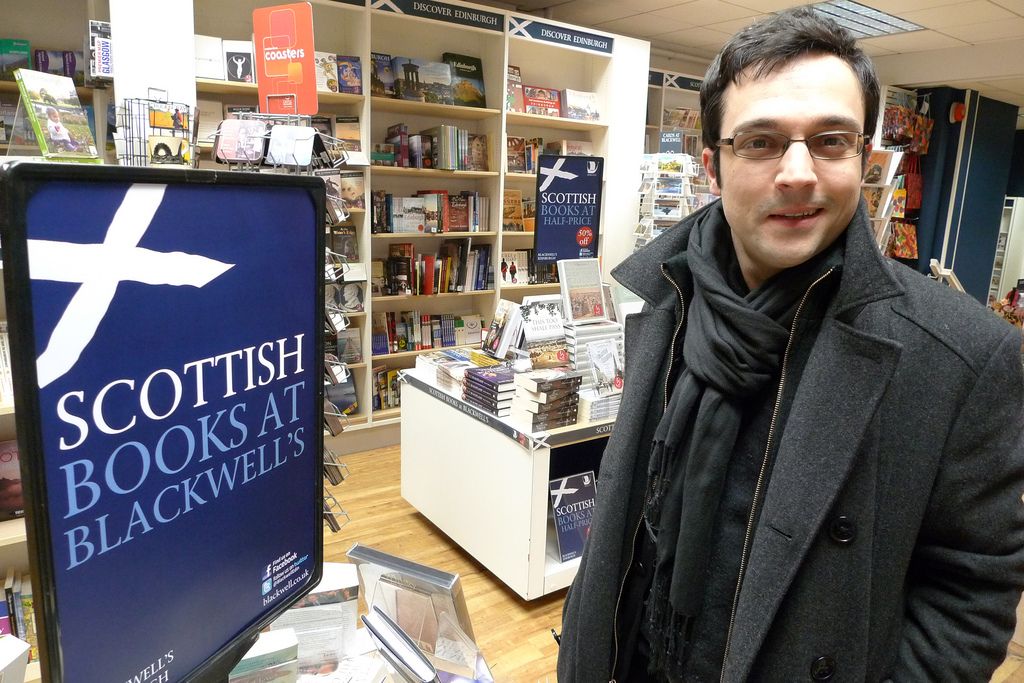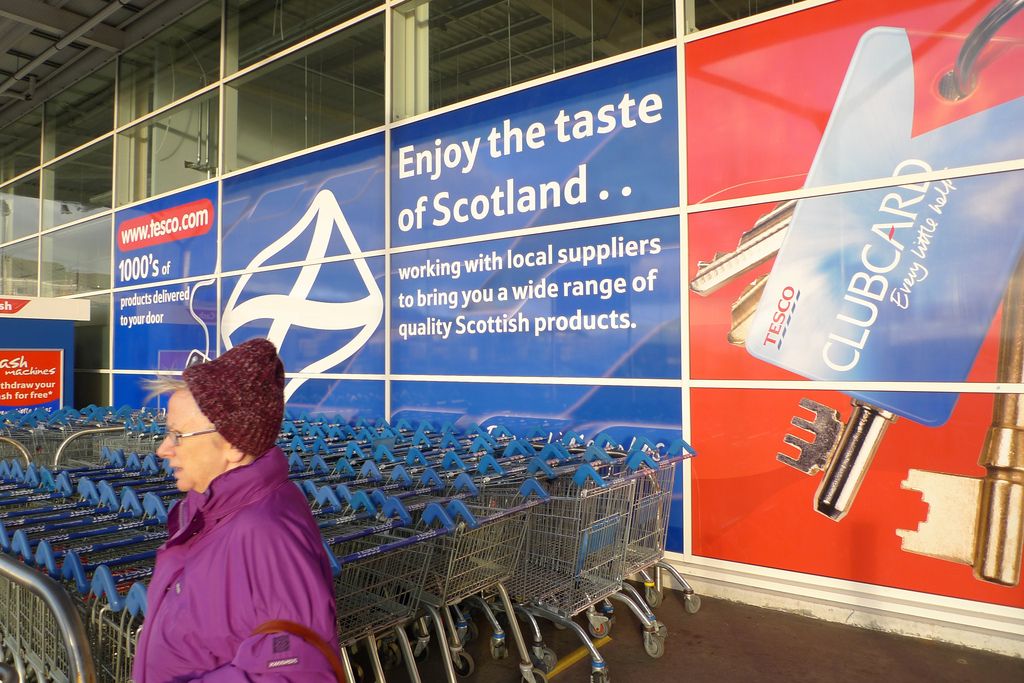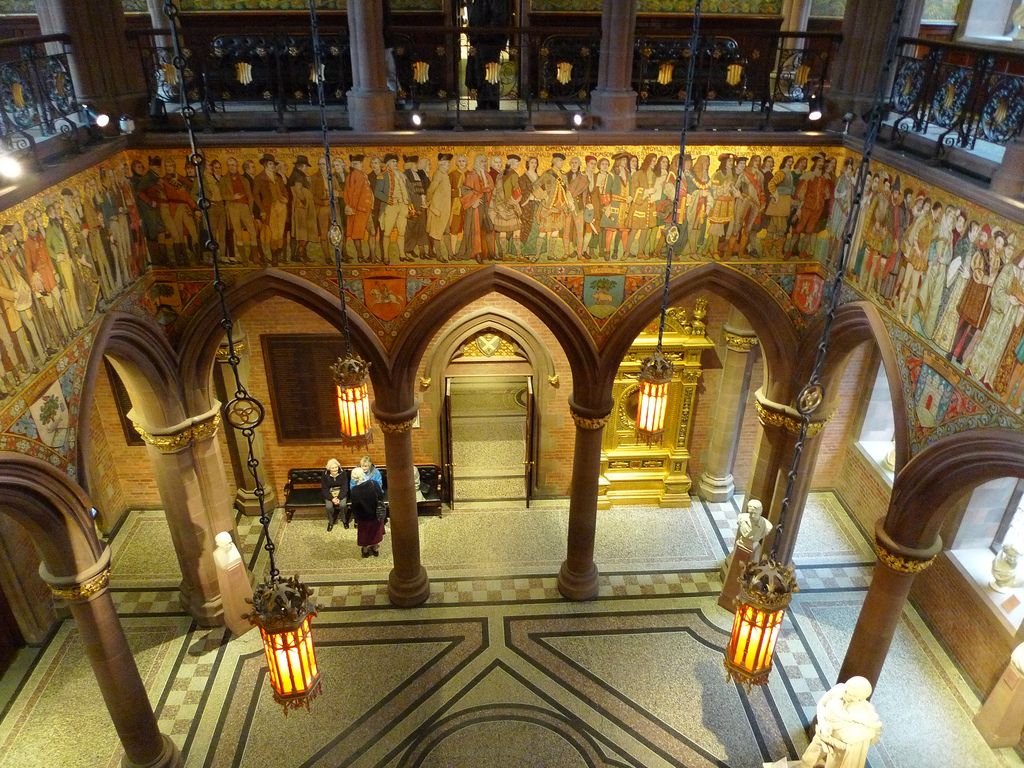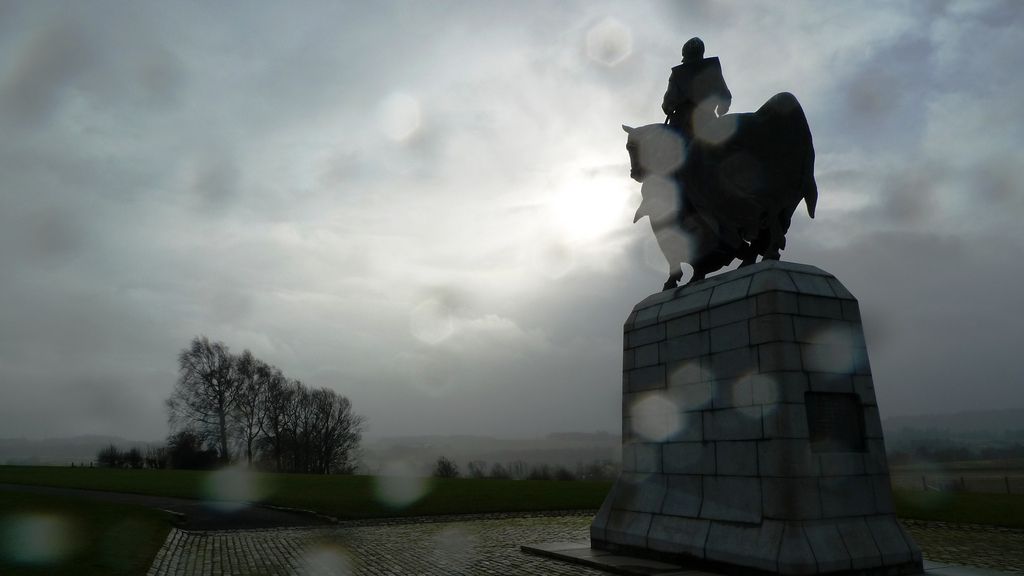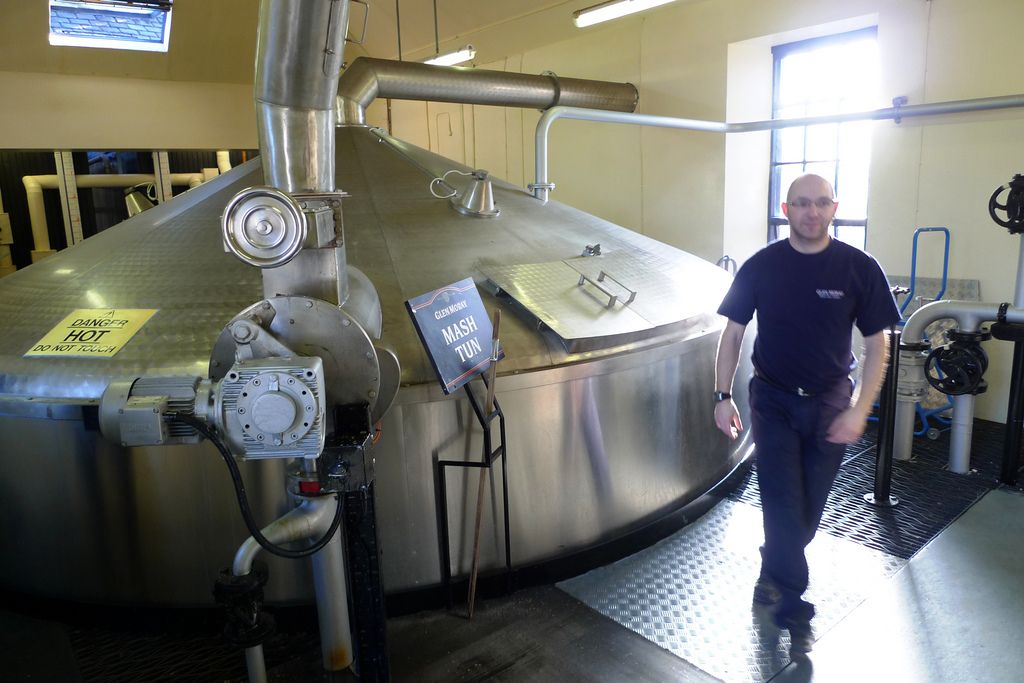Much of Scotland is very beautiful, but there are not many people here. The U.K. has a population of more than 62 million, but only 5.2 million live in Scotland -- far less than London alone. Scotland, Wales, and Northern Ireland have their own parliaments, but England does not. Anomalies in the way the U.K. has evolved, especially with regard to Scotland, explain why opinion polls show that more people in England are in favor of Scottish independence than Scots. A student from London says that going to university in Scotland costs the same as it would in England, Wales, or Northern Ireland, which from this year will be roughly £9,000 a year in tuition fees -- but for residents of Scotland and the rest of the EU who come to Scotland, tuition is free. Image by Tim Judah. Scotland, 2012.


